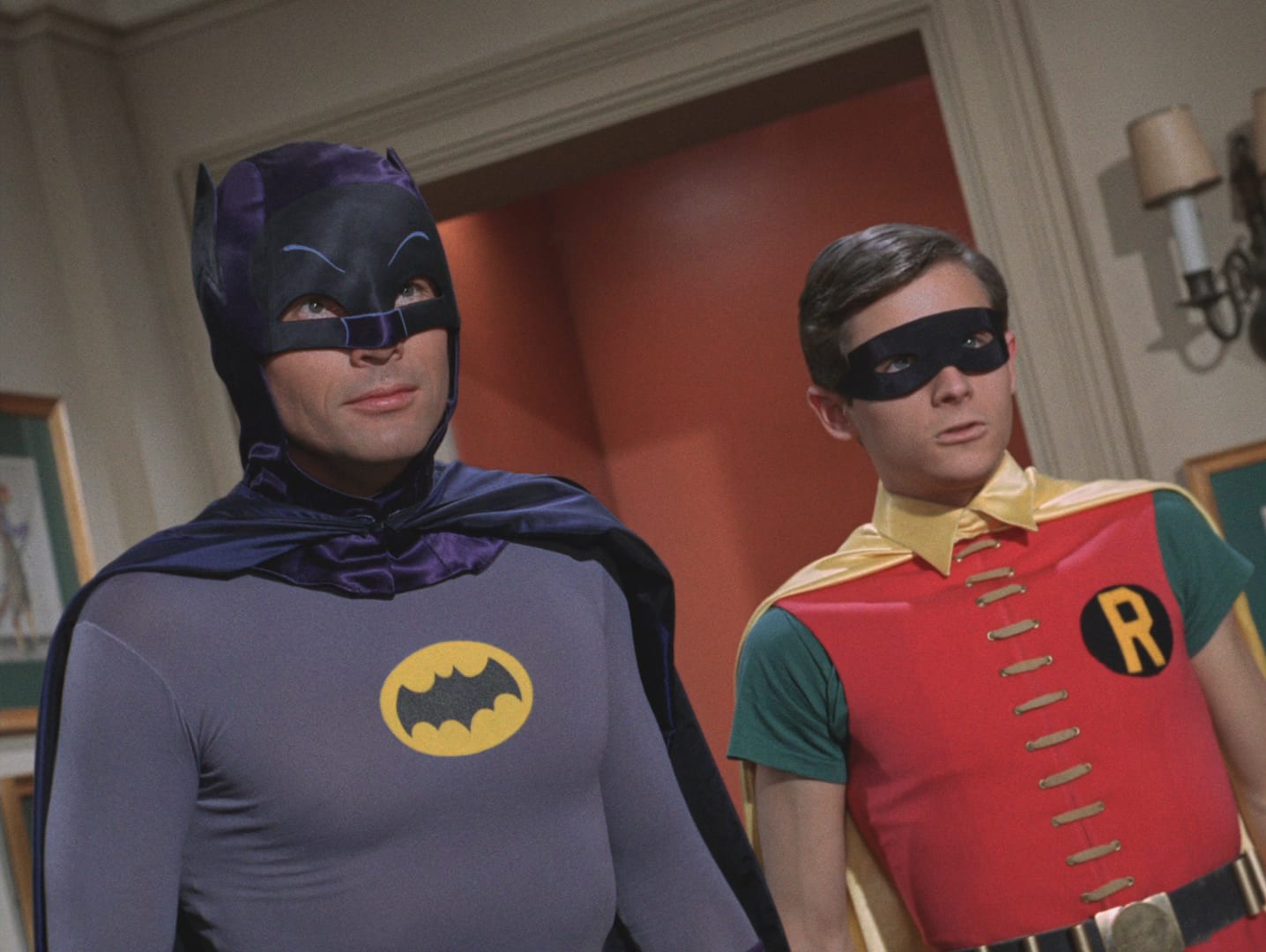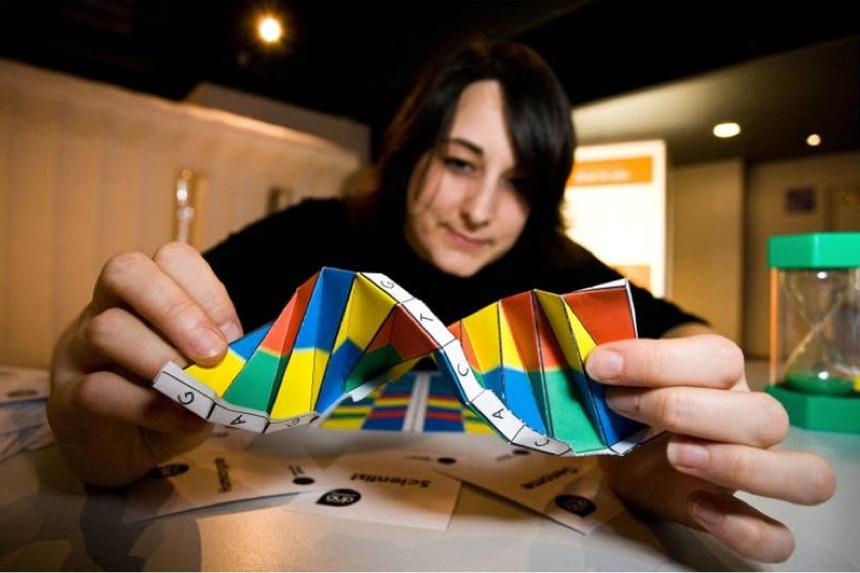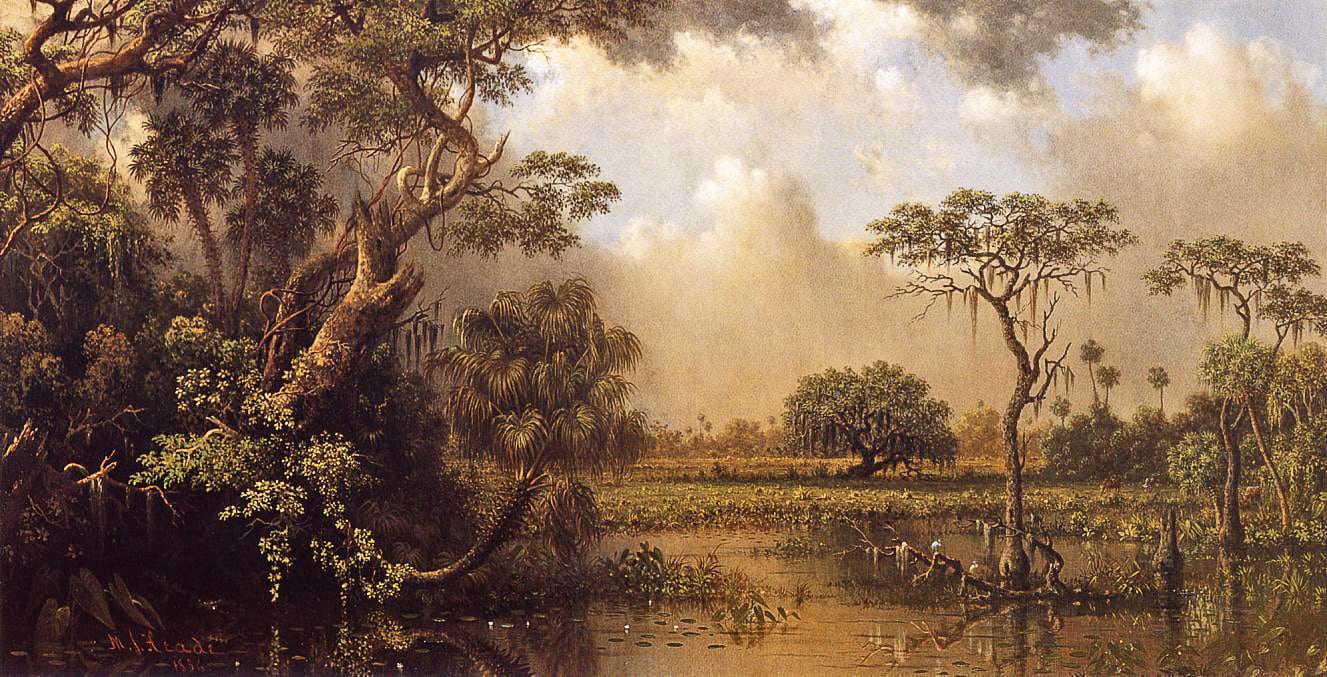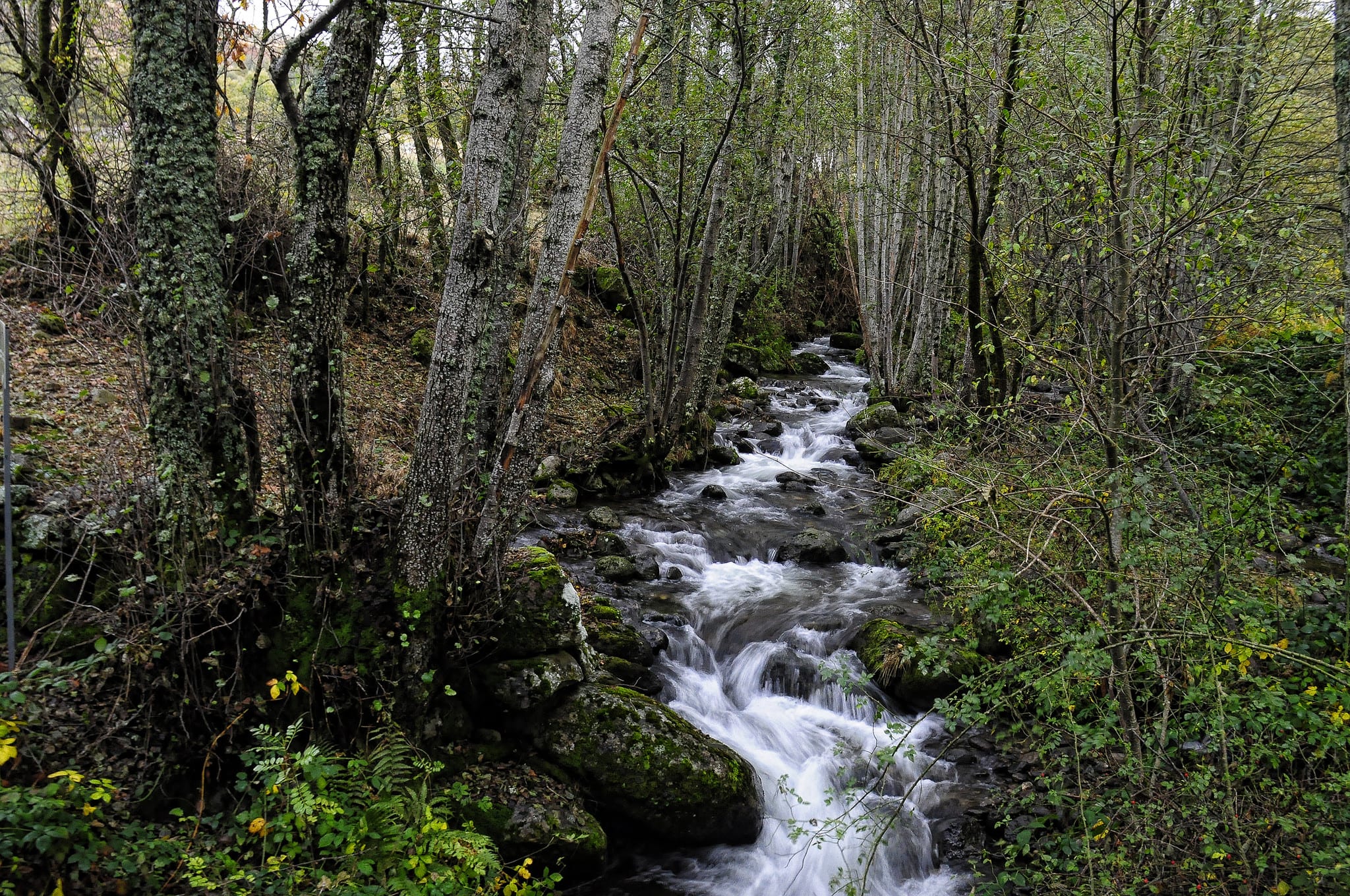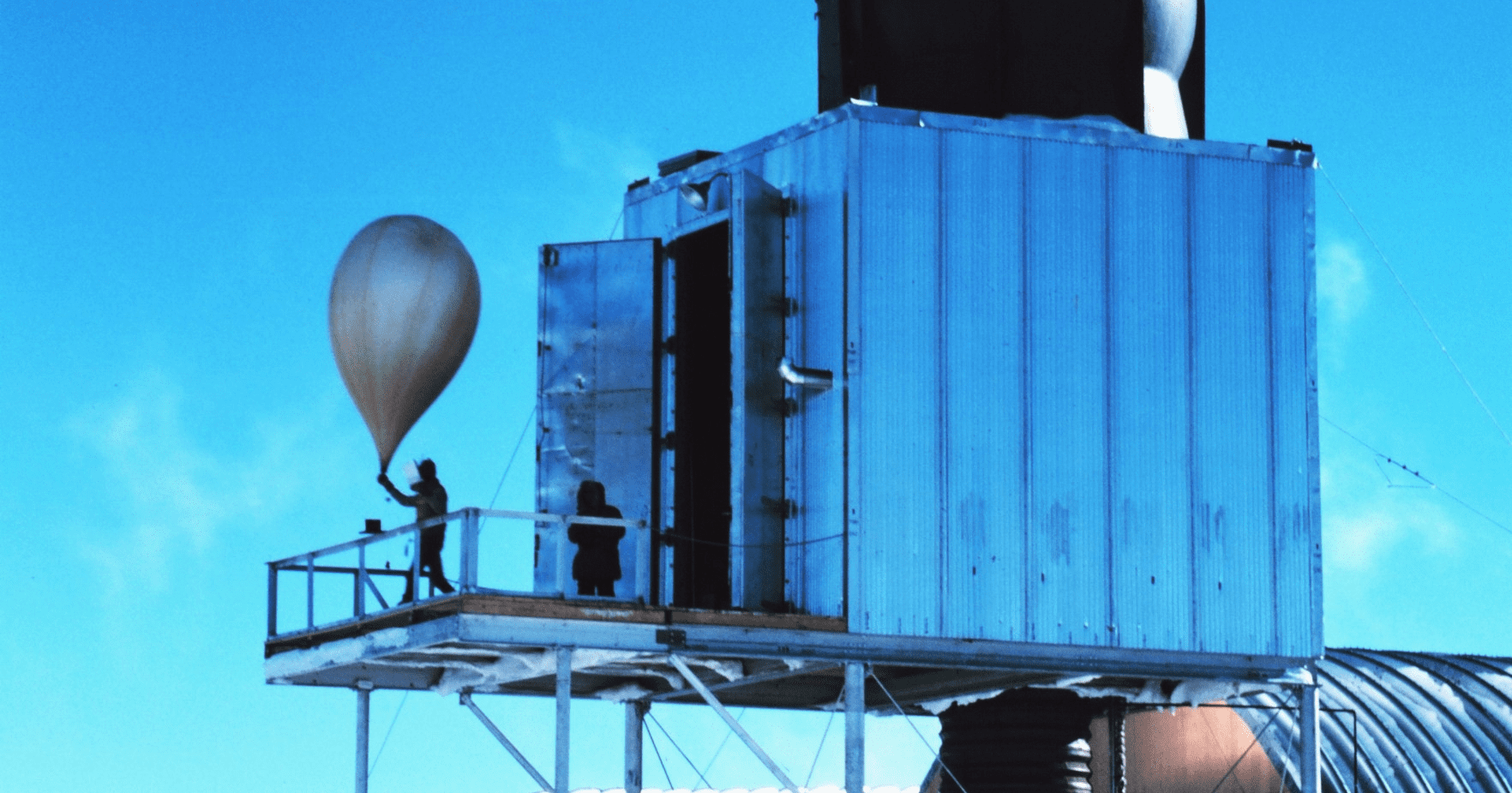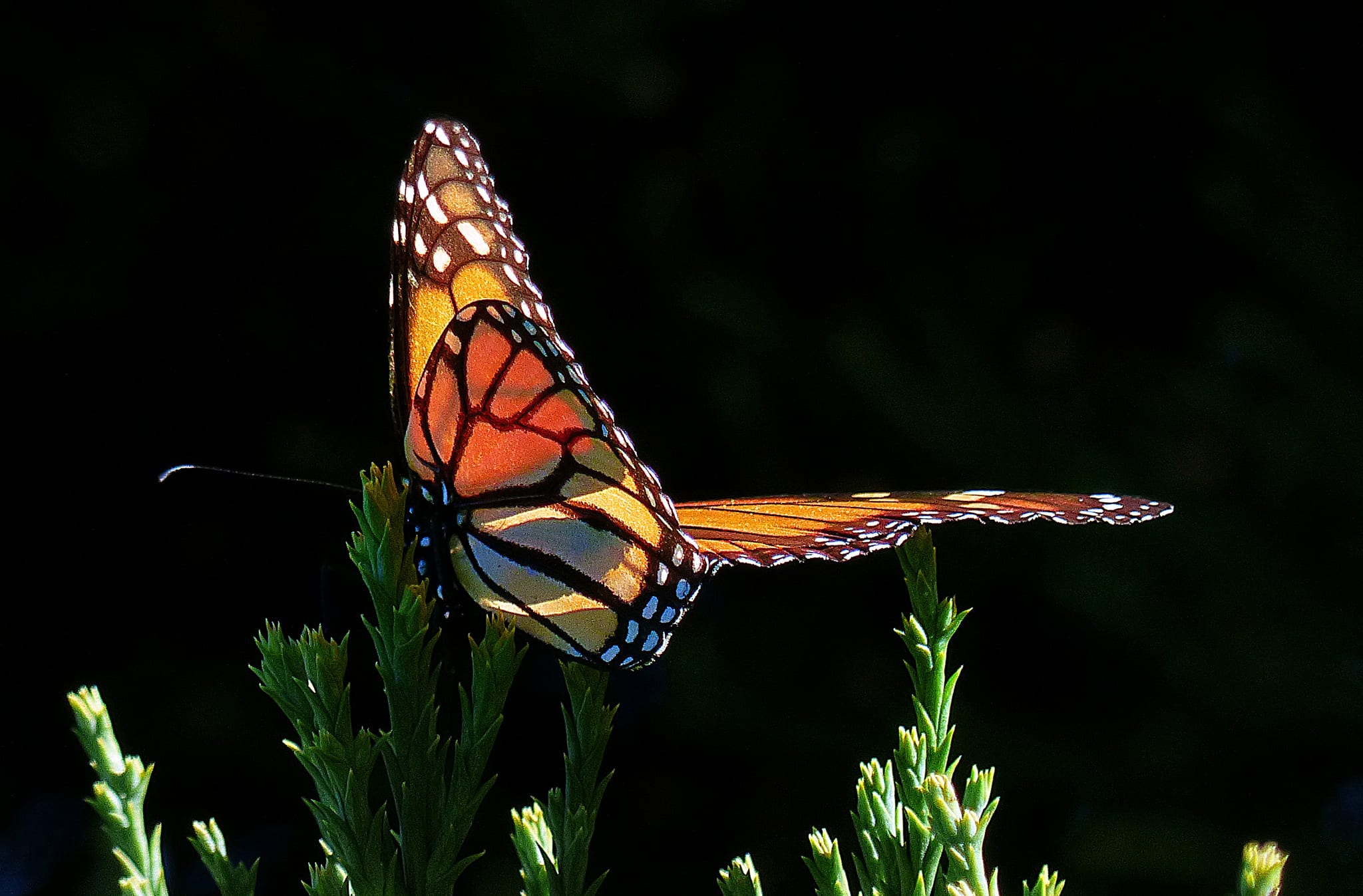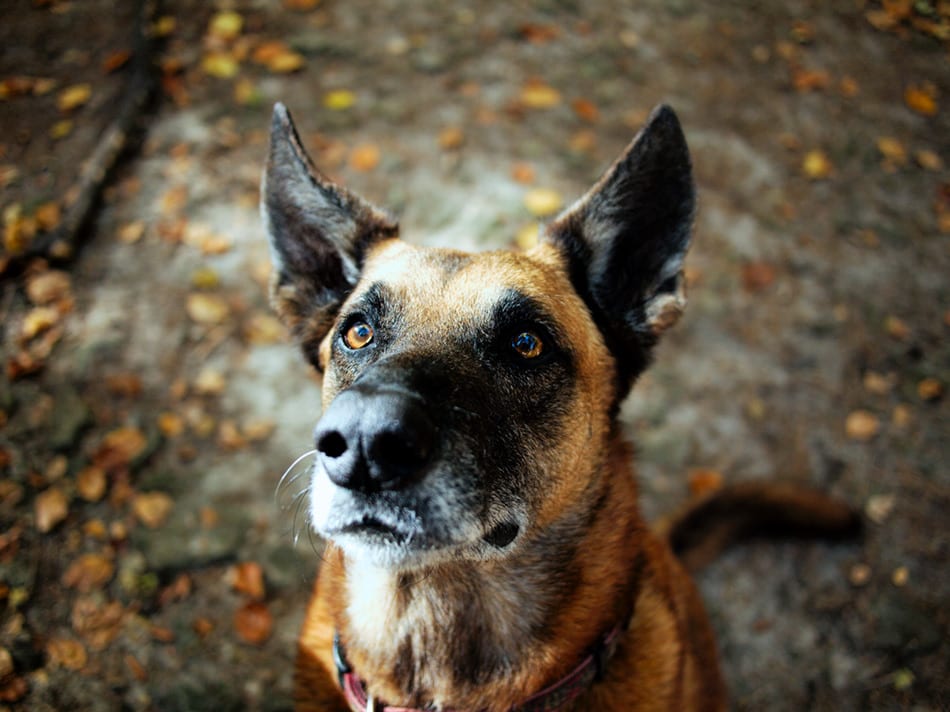
The Descent of Man’s Best Friend
by Stephanie M. Halmo When and where the world's first domesticated species of dogs originated is a hotly debated topic by geneticists. A recent study places the origin of human's best friend in Central Asia or modern day Mongolia and Nepal. These results, published last week in the Proceedings of the National Academy of Sciences

